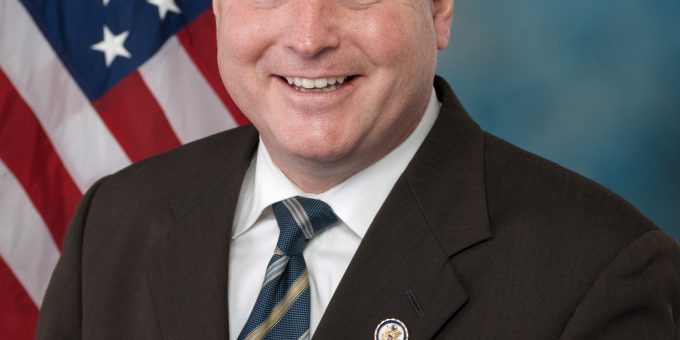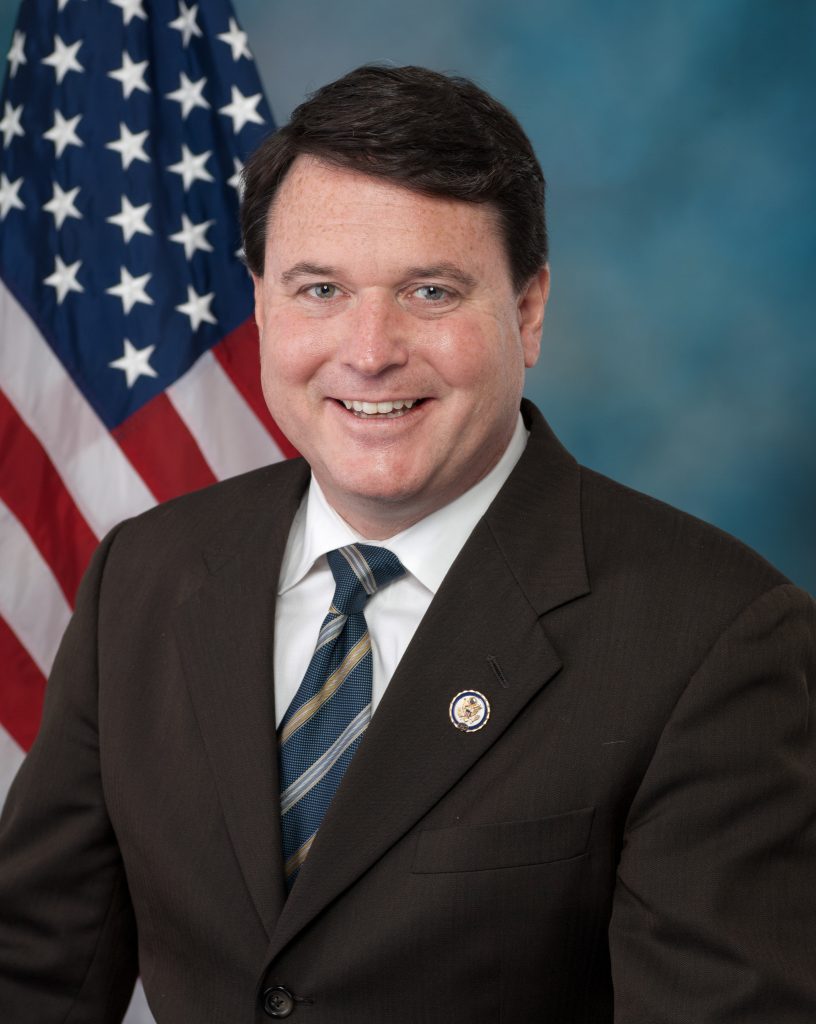
INDIANAPOLIS – Acting as counsel of record on behalf of the State of Indiana – including Governor Holcomb, Senate President Pro Tempore Rodric Bray, Speaker of the House of Representatives Todd Huston, the Legislative Council, and the Indiana General Assembly – the Office of the Attorney General moved to strike an unauthorized lawsuit filed by attorneys purporting to represent the Office of the Indiana Governor in an attempt to invalidate a law enacted by the General Assembly addressing the timing of its own sessions during a future state of emergency.

Despite the suit’s allegations, the legislature’s actions have created no emergency or unique circumstances—the new statute merely lays out a plan to address any future crisis and imposes no injury on anyone, including the Governor, that would provide legal justification for a case to go forward under current Indiana statutes and case law. HEA 1123 is constitutional. This new law leaves untouched the Governor’s constitutional authority to call the General Assembly into special session, merely carrying out the General Assembly’s own constitutional authority to “appoint by law” the day for “commencing” its sessions and to “fix by law” “the length and frequency of [its] sessions.”
Finally, the proposed legal course of action being pursued by the attorneys purporting to represent the Office of the Governor is a threat to the stability and proper functioning of our divided and limited government as it would establish a precedent for governmental branches or officials to sue one another, at taxpayer expense, over abstract disagreements in governing principles. The Constitution does not authorize the judicial branch to resolve disagreements between the other branches over legal policy, even when those disagreements implicate constitutional disputes. The legislature created the Office of the Attorney General precisely to resolve these sorts of disagreements over state legal policy.
The following is an abbreviated, annotated analysis supporting the Office’s legal conclusions and actions.
The duty of the Indiana Attorney General is to protect the State’s legal interests, both short-term and long-term, independent of any one branch of state government. Adherence to well-grounded legal principles that have served Indiana successfully across a variety of extraordinary circumstances for decades is critical for ensuring individual liberty. Departing from those principles even in the midst of an emergency, including a pandemic, would degrade the boundaries separating our branches of government and limiting the powers they exercise. Allowing a part of the Executive branch to litigate a difference of opinion against members of the Legislative branch, all at taxpayer expense, is such a departure. There is a real danger of eroding the State’s defenses and immunities across the legal spectrum in the event this case proceeds.
First, under Indiana statutory and case law, only the attorney general may determine and advocate the legal position of all of state government—Ind. Code § 4-6-2-1; Ind. Code § 4-6-3-2; Ind. Code § 4-6-1-6; Ind. Code § 4-6-5-3. And that exclusive authority exists for good reason—so that Indiana speaks in court with a single legal voice. In creating the Office of the Attorney General, the General Assembly resolved precisely this sort of situation—where two parts of the state government disagree on a legal question. And as the Indiana Supreme Court recognized more than forty years ago, the Attorney General exists to resolve such disagreements and “to establish a general legal policy for State agencies.” State ex rel. Sendak v. Marion Cty. Superior Ct., 268 Ind. 3, 6–7, 373 N.E.2d 145, 148 (1978). In declining to authorize outside counsel to represent the Governor here, the Office of the Attorney General is not beset by a conflict of interest but is instead fulfilling its core purpose – setting a single, unified legal position for the State as a whole.
Second, the Indiana Supreme Court has squarely held that no state agency or office holder may file a declaratory judgment action because allowing “state agencies to resort to the judicial system for review of every statute passed in the state would foster legislative irresponsibility and unnecessarily overburden the courts into issuing essentially advisory opinions.” Ind. Fireworks Distrib. Ass’n v. Boatwright, 741 N.E.2d 1262, 1264-65 (Ind. Ct. App. 2001), aff’d, Indiana Fireworks Distrib. Ass’n v. Boatwright, 764 N.E.2d 208 (Ind. 2002).
Third, the Executive branch lacks standing to bring a case because there is no immediate danger of a legally cognizable direct injury. An abstract claim of diluted power is an insufficient basis for a lawsuit, lest the courts be dragged into interbranch political disputes. Raines v. Byrd, 521 U.S. 811, 826–28 (1997).
Fourth, members of the General Assembly are immune from suit challenging the legislation they have passed. “The principle that legislators are absolutely immune from liability for their legislative activities has long been recognized in Anglo-American law.” Bogan v. Scott-Harris, 523 U.S. 44, 48 (1998). Such legislative immunity ensures legislative independence to enact laws.
The Governor has done laudable work to shepherd our State through this pandemic. Now, the General Assembly has voted to ensure its own role in future statewide emergencies—a law the Governor contests. To proceed in court with litigation, however, would fracture foundational legal principles—principles that have served Indiana citizens well by providing the basis for divided and limited government and properly accountable policy making and execution. If permitted, private counsel would represent only the present interests of a single official, the Governor, not the broader interests of the State and the will of the people in safeguarding the various claims, defenses and immunities that protect an array of state agencies and governmental activities from legal attack.
Accordingly, my office has moved to strike the unauthorized lawsuit purportedly filed in the name of the Governor. In keeping with our statutory directive, the Office of the Attorney General will defend HEA 1123 against an appropriate constitutional challenge timely brought by an external party who claims a real, direct injury.



